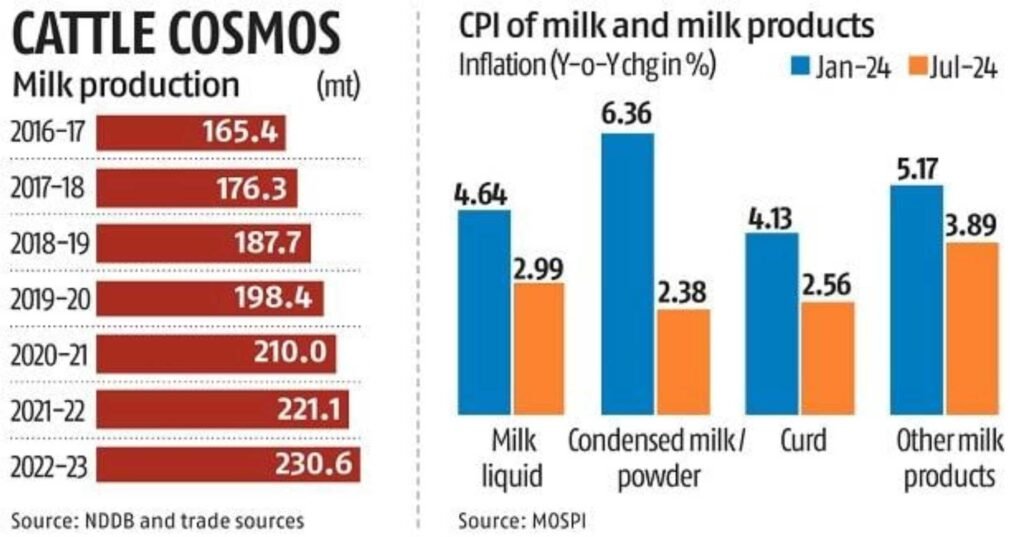In a bid to keep milk flowing amid severe heatwaves, NDRI develops genetically edited embryo of buffalo
In a significant advancement toward making the dairy industry more resilient to climate change, the National Dairy Research Institute (NDRI) in Karnal has developed an embryo using cutting-edge gene-editing technology. This breakthrough promises to ensure stable milk production even in the face of extreme weather conditions.
The next phase of this research involves implanting the genetically edited embryo into a female buffalo, where it will gestate for approximately 10 months. This meticulous process is a key step in testing the potential of this innovative approach.
The project employs CRISPR (clustered regularly interspaced short palindromic repeats) technology, a powerful tool for precise DNA editing. CRISPR allows scientists to target and modify specific genes, aiming to enhance traits that contribute to climate resilience.
“Once the offspring is born and reaches the milking stage, we’ll be able to assess whether its milk production can indeed withstand climate variations,” explained Dheer Singh, Director of NDRI. He noted that, under normal conditions, it typically takes about five years for an animal to progress from embryo to milking stage.
After the calf is born, it will require an additional two to three years to mature, followed by a year of pregnancy before it begins milk production.
Singh also pointed out that certain indigenous cattle breeds, such as the ‘Tharparkar’, are naturally heat-resistant, maintaining stable milk yields despite climate changes. By mapping the genes responsible for these traits, researchers aim to transfer them to other cattle breeds, potentially enhancing milk production across the country.
Source: Business Standard
